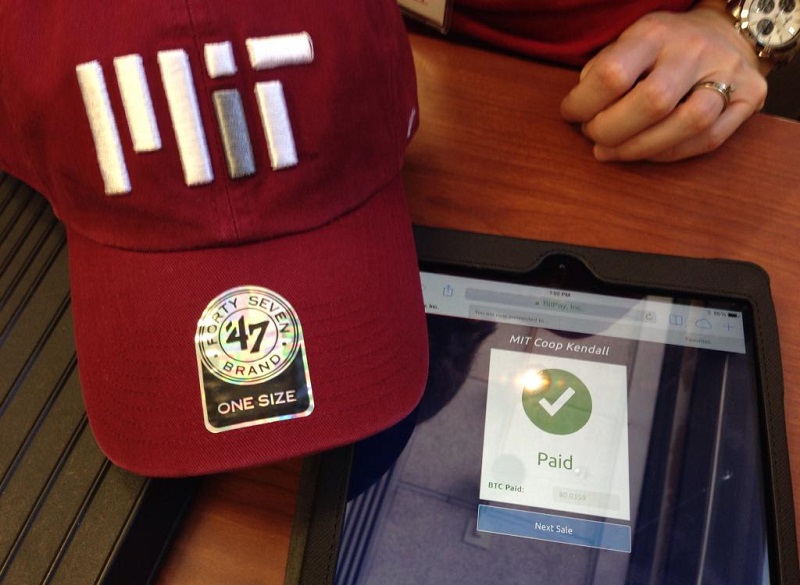It should seem obvious to nearly anyone that one of the best places to promote Bitcoin would be with university students, especially those specializing in science and technology.
If this is true then there is probably no better place to start than the Massachusetts Institute of Technology. The Bitcoin Club of MIT, with the support of the College Cryptocurrency Network (CCN) has been extremely active on Campus and a new program steps up the game in a novel new way:
Giving each undergraduate student US$100 in Bitcoin (~0.3 BTC) to allow them to experience the cryptocurrency first hand.
The CCN is a non-profit international organization whose goal is to assist in the formation of a network of college cryptocurrency clubs in order to foster education, trading, mining and start-ups; and they already have chapters established at Stanford, MIT, Michigan, the Warsaw School of Economics, Penn State, San Francisco State, Northwestern, Ohio State, UC Berkeley, Boise State, Simon Fraser University, Kansas, Kent State, the University of Texas, and Boston College.
The team up announced in June, 2014 that the MIT Bitcoin Project had received its first Bitcoin ATM and has since organized “hack-a-thons” and social meetups. They also announced the new Bitcoin giveaway project. This program will see that US$100 in Bitcoin is distributed to all undergrads after registration.
The distribution phase will officially begin next month but a few bitcoins has already been sent out to the digital wallets of students who registered early. The project actually has 2 main objectives:
The first is to introduce innovation in digital currency to students at the university. The second is to create a Bitcoin ecosystem at MIT and to study how the students use the digital currency.
Cointelegraph spoke with Dan Delitzer of the Bitcoin Club today and he said that MIT has been extremely receptive to Bitcoin. The project itself has been approved by the Committee on the Use of Humans as Experimental Subjects but the details of the study itself were still confidential and would remain so during the data collection phase so that the results would not be influenced.
Just used #bitcoin to buy an @MIT hat at the COOP! cc @BitPay @JeremyRubin @RichInABox @MITBitcoinClub pic.twitter.com/KQviWsd8uG
— Dan Elitzer (@delitzer) September 4, 2014
The Bitcoin club did speculate, however, that researchers might also be gathering data form the blockchain during the study. Bitcoin club member Jonathan Harvey Buschel said that the study wanted to see how much of the money stayed in the university ecosystem and how much was used on external purchases. This seems reasonable since the COOP, the bookstore (Not part of MIT itself), accepts Bitcoin, not to mention the myriad of options to use Bitcoin online.
Furthermore, additional data will be gathered from digital wallets, which were provided by Circle and Coinbase if participating students chose to make their addresses public. The project has also not revealed the total number of students that are participating in the project.
The idea of fostering a small Bitcoin ecosystem at such a prestigious technical is already yielding results, which should come as no surprise because we all know that creating the perfect conditions for some of the world’s most brilliant minds is undoubtedly one of the best way to encourage creativity and innovation.
It should be interesting to see how this microcosm of a potential Bitcoin economy takes shape and develops on campus in preparation for the larger scale Let the Bit Drop project planned for the island of Dominica for the end of this year/beginning of 2015. Cointelegraph will continue keeping an eye on both of these experiments, stay tuned.
Did you enjoy this article? You may also be interested in reading these ones:

